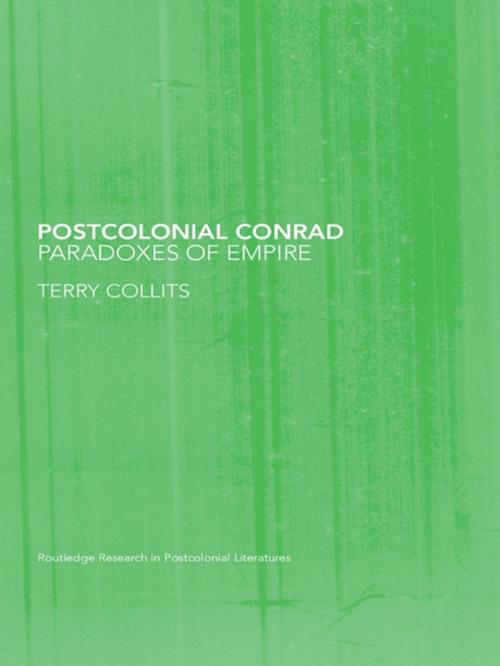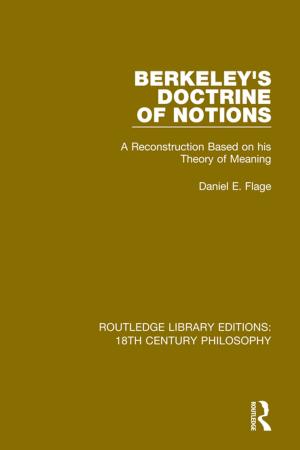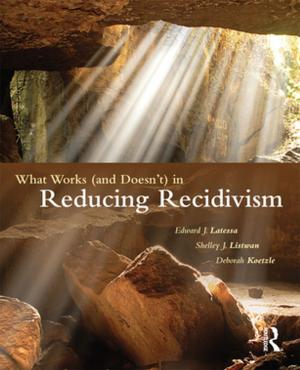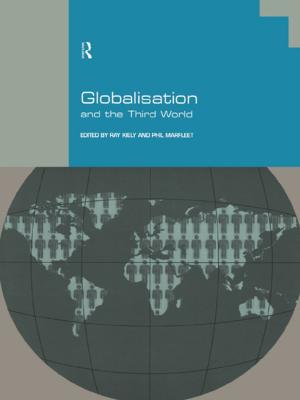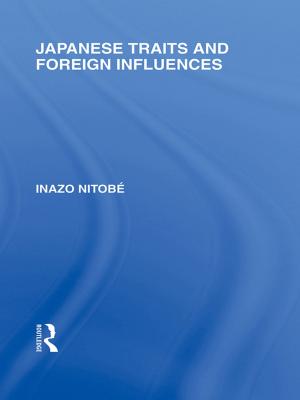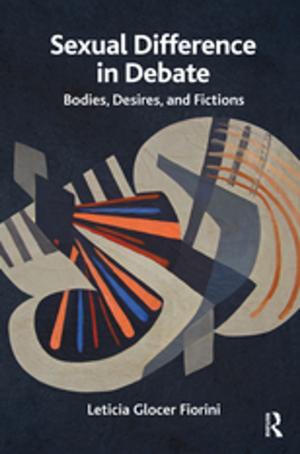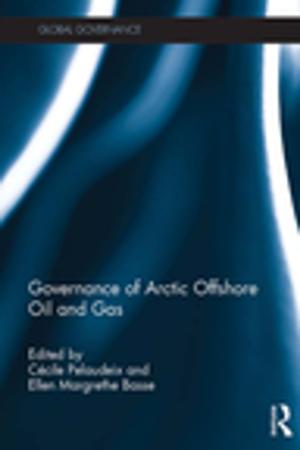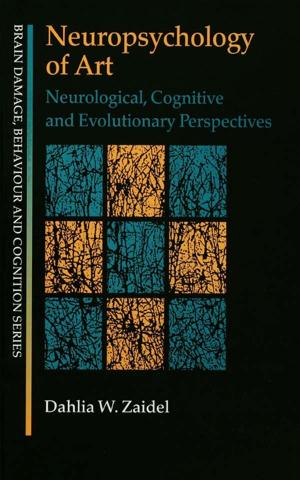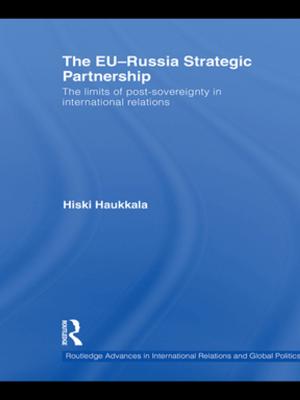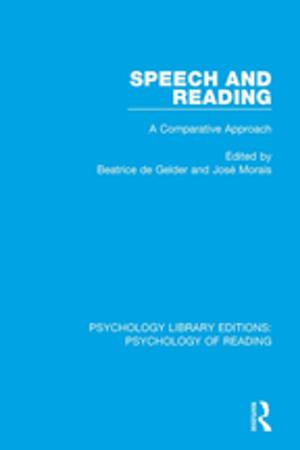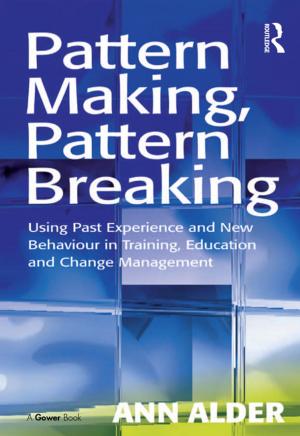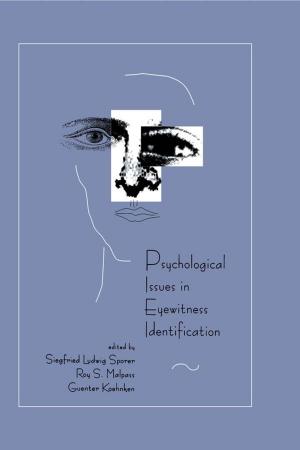Postcolonial Conrad
Paradoxes of Empire
Fiction & Literature, Literary Theory & Criticism, European, Biography & Memoir, Literary| Author: | Terry Collits | ISBN: | 9781134253227 |
| Publisher: | Taylor and Francis | Publication: | September 27, 2006 |
| Imprint: | Routledge | Language: | English |
| Author: | Terry Collits |
| ISBN: | 9781134253227 |
| Publisher: | Taylor and Francis |
| Publication: | September 27, 2006 |
| Imprint: | Routledge |
| Language: | English |
Winner of the 2006 NSW Prize for Literary Scholarship.
The work of Joseph Conrad has been read so disparately that it is tempting to talk of many different Conrads. One lasting impression however, is that his colonial novels, which record encounters between Europe and Europe’s ‘Other’, are highly significant for the field of post-colonial studies.
Drawing on many years of research and a rich body of criticism, Postcolonial Conrad not only presents fresh readings of his novels of imperialism, but also maps and analyzes the interpretative tradition they have generated. Terry Collits first examines the reception of the author’s work in terms of the history of ideas, literary criticism, traditions of ‘Englishness’, Marxism and post-colonialism, before re-reading Heart of Darkness, Lord Jim, Nostromo and Victory in greater depth.
Collits’ incisive and wide-ranging volume provides a much needed reconsideration of more than a century of criticism, discussing the many different perspectives born of constantly shifting contexts. Most importantly though, the book encourages and equips us for twenty-first criticism, where we must ask anew how we might read and understand these crucial and fascinating novels.
Winner of the 2006 NSW Prize for Literary Scholarship.
The work of Joseph Conrad has been read so disparately that it is tempting to talk of many different Conrads. One lasting impression however, is that his colonial novels, which record encounters between Europe and Europe’s ‘Other’, are highly significant for the field of post-colonial studies.
Drawing on many years of research and a rich body of criticism, Postcolonial Conrad not only presents fresh readings of his novels of imperialism, but also maps and analyzes the interpretative tradition they have generated. Terry Collits first examines the reception of the author’s work in terms of the history of ideas, literary criticism, traditions of ‘Englishness’, Marxism and post-colonialism, before re-reading Heart of Darkness, Lord Jim, Nostromo and Victory in greater depth.
Collits’ incisive and wide-ranging volume provides a much needed reconsideration of more than a century of criticism, discussing the many different perspectives born of constantly shifting contexts. Most importantly though, the book encourages and equips us for twenty-first criticism, where we must ask anew how we might read and understand these crucial and fascinating novels.
